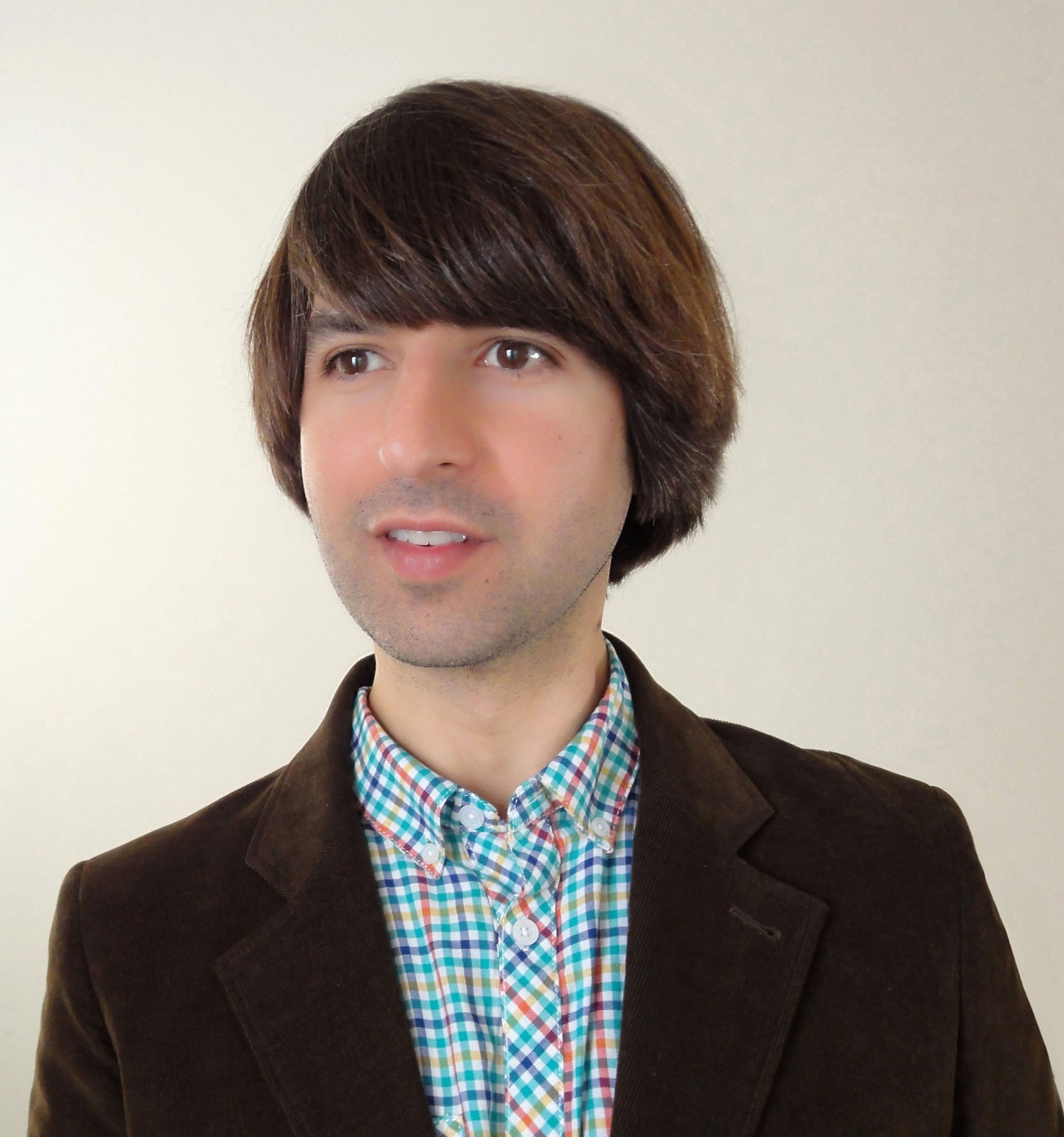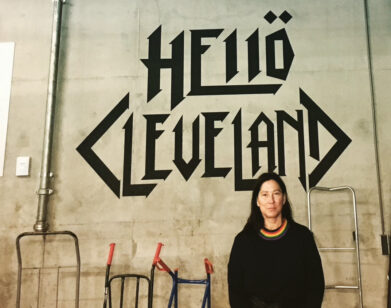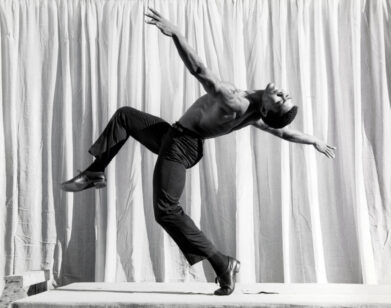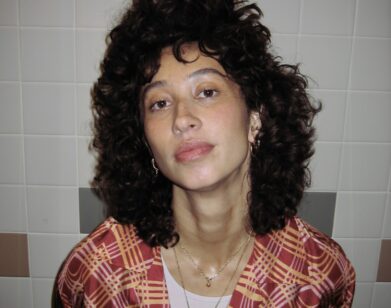Droll Call! This is an Interview with Demetri Martin

DEMETRI MARTIN
In the decade or so since he left law school to pursue a career in standup comedy, Demetri Martin has made good on his decision. After a Perrier award at the Edinburgh Fringe Festival, a stint writing for Late Night with Conan O’Brien, a plum contributor spot on The Daily Show, a starring role in Ang Lee’s Taking Woodstock, and finally his own two-season show on Comedy Central, Important Things with Demetri Martin, Martin has found time to pen a book. Like Martin himself, it’s hard to classify—it’s neither a Bossypants-style memoir nor the liner notes of his standup act. Rather, it contains everything from short stories to one-liners to drawings (we like “Pony with a Second Ponytail”) to a crossword puzzle to at least one epically long anagram. Fans of Martin’s wry, absurdist style, which has been compared to Steven Wright and Mitch Hedberg, will find plenty to love—starting with the title, which is, naturally, This is a Book. (Don’t neglect the author bio, either, which helpfully notes that Martin “lives somewhere in America.”) We spoke with Martin a few weeks ago, while he was returning some videos to a store in Irving, California. His book tour kicks off in New York tonight.
ALEXANDRIA SYMONDS: How long did This is a Book take to write?
DEMETRI MARTIN: I got the deal a little more than two years ago. And I was working on a show, so I didn’t have time to do everything.
SYMONDS: Right.
MARTIN: My editor was very patient, and the publishing company—they were like, “All right, no problem.” And then the show wound down, and that’s when my literary agent said, “Hey, I think you really need to hand in a manuscript by September.” And this was the beginning of that summer. So I wrote pretty much the whole thing that summer.
SYMONDS: Wow! I’m surprised it was that quick.
MARTIN: Yeah, I mean, there were little ideas. I had been brainstorming and putting ideas down in notebooks. So I had done a little bit of work, but the bulk of it—you know, I sat down and said, “Okay, cool. Let’s see if I can get this piece to work.” I did it like the way I do my stand-up, where I wrote more than what ended up in there. And because it’s kind of a collection, or a grab bag in a sense, you know, I could do that. It wasn’t like writing a novel—or, well, I’ve never written a novel, I don’t know if people do it that way, but I’m guessing you don’t write way more stories than you need and cut it out.
SYMONDS: It seems unlike a lot of comedians’ books—not a lot of the material was recycled.
MARTIN: Yeah, I didn’t recycle any material. There might have been one line here and there or something, but that’s all. I tried to be very careful about always having new content and making sure something stands on its own, so that the book is not, “Hey, here’s my stand-up act on paper.”
SYMONDS: Yeah. Was that something that you did consciously, having read other comedians’ books? Is that something that annoys you when you go buy a comedian’s book, and it’s basically the same thing that you could see on HBO?
MARTIN: Yeah, I’ve never read that many comedians’ books when I was younger… Although I love Woody Allen’s books. That’s a good example of a comedian who became a director. But his books were their own works. Steve Martin’s another one.
SYMONDS: I’m curious about when you’re moving the one-liners over from, say, a notebook into this more structured format—how do you decide to put them together? I assume that you don’t just think to yourself, “And now I’ll think of a bunch of one-liners,” and then spit them out ten at a time. How do you decide which ones go together and make sense as a unit?
MARTIN: That’s a good question. For stand-up, it’s easier because the audience guides you when you’re on stage, you know? And you get a sense for if it’s put together well. But for the most part, that was an unknown for me. And I think that once I had little holders for some of the jokes, that made the decision easier for certain spots.
SYMONDS: To talk about the art—there’s definitely a charm to the way that you draw for your stand-up act. But the drawings and the charts in the book are split between hand-drawn and stuff that’s more computer-designed—which is kind of weird, actually, to see your Venn diagrams with the circles rendered perfectly. Did you do all that yourself, or did you have a designer helping you?
MARTIN: In the first draft of the book, I did them by hand, like I always do stuff. But because I had those drawings, I thought it’d be cool to put them up and have the data look more like data and the drawings more like drawings. My girlfriend does interior design, and so she’s also pretty good at graphic design, so we sat together and we took my drawings and she basically did them.
SYMONDS: So there’s a personal touch to it.
MARTIN: Yeah.
SYMONDS: You moved from New York to California a few years ago—do you think your personality is better suited to California living?
MARTIN: Nah. I think wherever you are, you can find strength in it. When I was a kid, I always wanted to live in California because I liked skateboarding. All the skateboarding magazines featured people in California, so I just wished I could be out here. By the time I did standup, I loved New York. It’s such a great city, and such a great place to do standup.
SYMONDS: Do you skateboard now?
MARTIN: Yeah. I’m not shredding, but I ride my skateboard around.
SYMONDS: Did you know that on your Wikipedia page, you’re listed as both a comedian and a humorist?
MARTIN: Am I? That’s funny.
SYMONDS: Do you think there is a difference between those two things? Do you ever look at your own Wikipedia page?
MARTIN: I used to, but about a year and a half ago I stopped looking myself up on the Internet cold turkey.
SYMONDS: Good for you—that’s great.
MARTIN: Yeah, I never do it. I treat it like poison. I never feel better after it, so I would rather look up other stuff. When I used to look on Wikipedia I would correct stuff because it annoyed me so much.
SYMONDS: [laughs]
MARTIN: Some kid kept saying he was my cousin. I don’t know who this guy was. [laughs] But he would put it in different parts of my bio, “He is doing a project with his cousin so-and-so.” I would delete it, and it would show up somewhere else saying, “And also he is working on new ideas with his cousin.” This is so stupid, just leave me alone! That’s funny that they say I’m a humorist or a prop comic, whatever they have for me.
SYMONDS: They list a lot of different things—writer, actor, singer, musician, artist, comedian, and humorist. It seemed like they could have gotten away with one or the other.
MARTIN: Yeah, all that stuff, in the last year or so, I’ve just realized I just want to make things that are good and worth sharing with other people. Whatever titles go with that, fair enough. Hopefully they aren’t negative. But even if they are, it’s a free country. If you don’t like me, fine, don’t like me, good luck. Do your thing.
SYMONDS: Did you ever get in touch with the kid who kept saying he was your cousin and tell him to stop?
MARTIN: No. I try not to get in touch with anybody. If I don’t know people, it just feels weird to be talking to them. I guess you don’t meet people if you don’t do that, but in person, at least, I can see a human being and say, “Hey, I’m Demetri, how’s it going, what’s your name?” On the Internet, it’s still creepy to me.
SYMONDS: You’re in Steven Soderbergh’s Contagion, right? What’s your role?
MARTIN: I play a scientist. I’m working in the lab where they’re trying to figure out what this flying substance, virus, or bacterium is.
SYMONDS: Was it funny at all? It doesn’t seem like a comedy.
MARTIN: No, it’s a thriller. I guess my character is kind of light, but it isn’t a comedy.
SYMONDS: Do you see yourself doing more of that kind of thing?
MARTIN: Yeah. I have fun acting, and I want to do more of it, and I want to direct my own movie. I want to write something I can direct. Hopefully it would be a comedy.
SYMONDS: I guess Taking Woodstock was kind of like a gateway drug.
MARTIN: Yeah, that was cool. I got my ass kicked on that, but it was truly valuable. I was lucky I got that learning experience, because I never studied acting.
SYMONDS: Anything else on your mind?
MARTIN: Hmm, I guess thanks and I appreciate it. People only have so much attention. Each of us can only pay attention to so many things in a moment, and therefore in a day, or I guess a lifetime—you’re just crawling to get that little bit of attention.
THIS IS A BOOK IS OUT IN BOOKSTORES TODAY, AND DEMETRI MARTIN WILL READ AT THE BARNES & NOBLE IN UNION SQUARE TONIGHT. FOR MORE ON MARTIN, INCLUDING MORE TOUR DATES, VISIT HIS WEBSITE.






